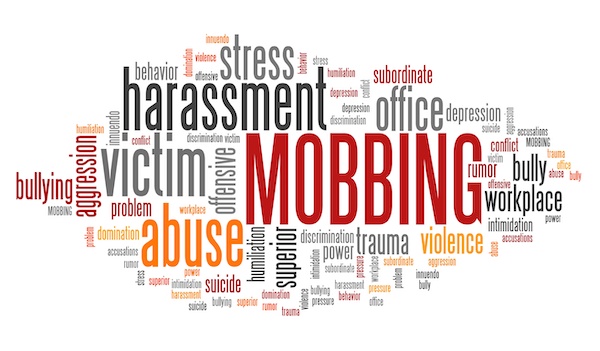For human resources and training professionals in construction, these uncertain times present an opportunity to review and update policies, procedures and training on essential workplace conduct, compliance, and culture topics, including preventing harassment and discrimination. Whether your employees are working on a jobsite or from home, an effective harassment-prevention training program can help your organization.
1. Avoid COVID-19 discrimination
Unfortunately, fears and misinformation about COVID-19 are resulting in incidents of discrimination, bullying and social stigma against people of Asian descent, healthcare workers, and others. All employees should know how to recognize, respond to and avoid discriminatory behavior, including coronavirus discrimination, and understand the consequences for discriminating against specific individuals or groups.
2. Comply with new sexual harassment laws
Since the #MeToo movement, six states have enacted laws requiring employers to train employees on sexual harassment prevention. They are New York, California, Connecticut, Illinois, Delaware and Maine. New Jersey recently proposed similar legislation, and other states and localities are expected to follow. With this training mandate, HR professionals have an opportunity to replace the conventional approach that focused on avoiding liability with modern, interactive training that focuses on changing behaviors and attitudes.
3. Empower bystander intervention
Bystander intervention training is one of the most effective methods to stop bad behavior before it rises to the level of illegal harassment and discrimination. By empowering employees with techniques to safely react when they witness an incident, bystander intervention training can be a positive influence in preventing workplace harassment and enabling individuals to show support to co-workers who are targets of abusive behavior.
4. Promote diversity and inclusion
In its report on "The Business Case for Diversity & Inclusion in the Construction Industry," the Associated General Contractors of America said, “an intentional and practical culture shift towards diversity and inclusion can positively impact company profitability by improving employee productivity, recruiting and retaining top talent, increasing innovation, and creating a safer workplace. Furthermore, collaborative partnerships with diverse entities provide opportunities to expand market share.” Raising awareness of the value of diversity and inclusive thinking can also help employees recognize and manage their unconscious biases so they don’t influence decisions or interfere with the ability to work successfully alongside people with different backgrounds, cultures and beliefs.
5. Strengthen workplace culture
As employers and employees deal with the business and personal challenges of COVID-19, it’s important not to lose sight of the organization’s values, principles and code of conduct. As part of an ongoing communication strategy, the right online training program can be a powerful tool for reinforcing best practices and explaining new ones, influencing positive behavior and fostering a caring, respectful, and inclusive workplace culture.
HR professionals play a pivotal role in keeping employees engaged, informed and motivated. A modern harassment-prevention training program can help HR teams and their organizations effectively address key workplace conduct and culture topics and reinforce expectations for professional behavior during and after COVID-19.













